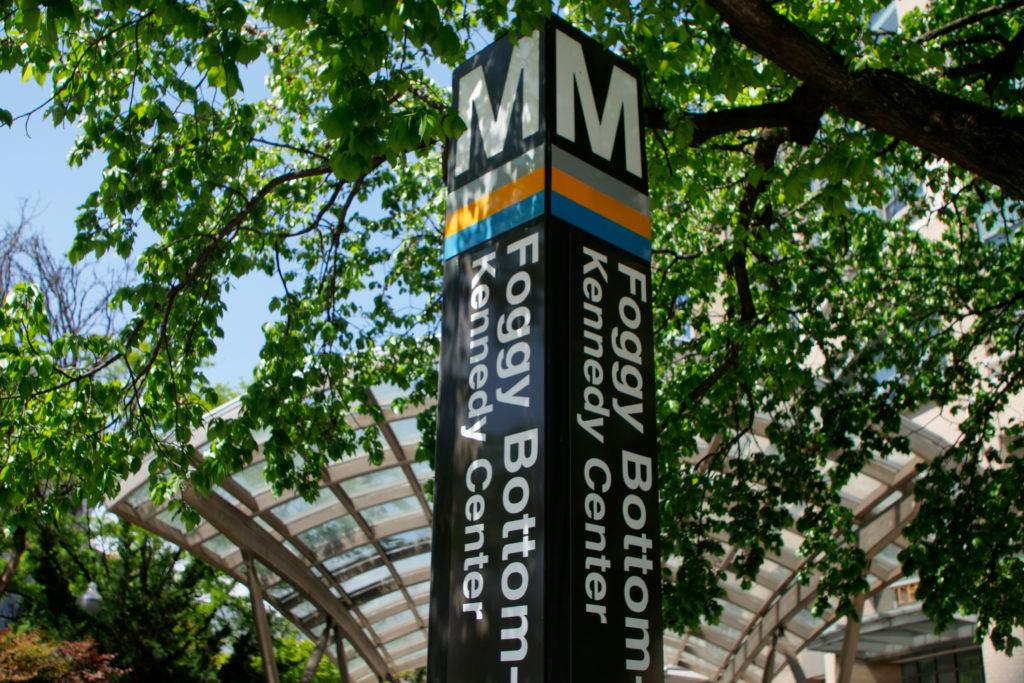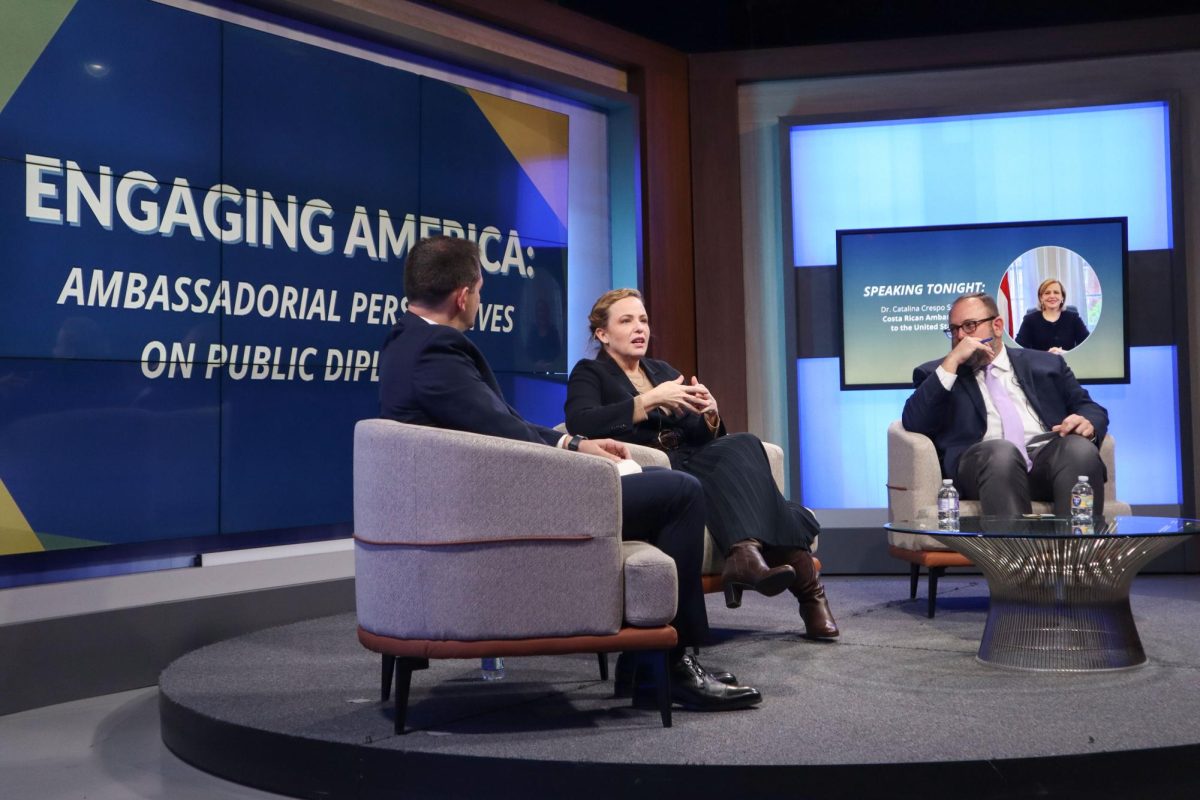The Washington Metropolitan Area Transit Authority’s Board of Directors approved an operating and capital budget of $4.8 billion for fiscal year 2024 Friday, which includes plans to both increase and reduce fares for certain riders starting July 1.
The budget includes a discount on trips for low-income customers and a Metrorail fare hike for long-distance travelers to prevent a budget deficit in the next fiscal year, return ridership to pre-pandemic levels and support an increase in bus and rail service frequency, according to the FY 2024 proposed plan. The release states WMATA officials will institute a region-wide low-fare program to make services more accessible to low-income customers, which offers Metro riders a 50 percent discount on trips if enrolled in the Supplemental Nutrition Assistance Program, a federal initiative that offers low- or no-income individuals food-purchasing assistance.
Officials will roll out the fare hike and low-income fare program July 1.
Officials will cap the MetroAccess fare – a shared door-to-door transit service for individuals who can’t use the rail or bus services because of disabilities – at $4 to increase ridership and revenue for MetroAccess after the pandemic caused both to decline. Officials will eliminate weekday peak and off-peak fares, setting the maximum cost for riders who travel long distances to $6 on weekdays, $2 on nights and weekends and adding a base fare price of 40 cents per mile after riders travel three miles.
“This is a win for customers,” Principal Director for the Federal Government board member Sarah Kline said. “We know MetroAccess serves our most vulnerable populations. To make this change for customers who use this service really does highlight our focus on equity across all Metro services.”
WMATA’s capital budget of $2.4 billion – part of the six-year Capital Improvement Plan of $14.4 billion – will allocate funds for infrastructure projects and ensure the Metro is “safe, reliable and efficient” for riders, the release states. Customers can expect officials to build new bus garages for new Metrobuses and MetroAccess vehicles as part of the Capital Improvement Plan, advance the rollout of 8000-series railcars and perform technological upgrades to the Blue, Orange and Silver rail line corridors, according to the release.
Officials state trains on Green and Yellow lines are expected to arrive every six minutes when officials fully implement the budget, with the Yellow Line operating between Huntington and Mount Vernon Square and the reopening of the Yellow Line Bridge on May 7. During peak service, Orange Line trains will run every seven and a half minutes during peak hours, which are 5 to 9:30 a.m. and 3 to 7 p.m., and every 10 minutes in off-peak service from 9:30 a.m. to 3 p.m. and 7 to 9:30 p.m., according to the release.
The release states officials will introduce and disperse new printed system maps over the next couple of months to reflect the Yellow Line changes and the new Potomac Yard station expected to open this May, while updating digital maps immediately.
Three-quarters of Metro trains will run every six minutes once officials fully implement the budget and high frequency-service for the bus network will begin on 21 lines to improve efficiency and ridership, according to the release.
“The result will be a more useful network, offering better access to jobs and other destinations,” the release states. “These improvements address our customers’ top priorities and support the redesigning of Metro’s Better Bus Network.”
The Board approved an amendment to the fiscal year 2024 budget that removes the $2 fee for Senior SmarTrip cards, which applies to riders 65 years old and over, once the Board approves a staff-conducted “Title VI equity analysis and public participation” using data collected from the 2022 Metrorail Passenger Survey. The analysis concluded the proposal will likely benefit minority and low-income customers, according to its draft.
The release states the budget funds the Metro Integrated Communications Center’s creation, a “one-stop-shop” to improve communication among operations. The center will consolidate multiple operations, like Metro’s rail, bus and police, into a single control center working together to boost customer satisfaction and communication.
“This budget represents Metro’s continued commitment to provide safe, reliable, affordable and sustainable service by creating a more simplified and equitable fare system, optimizing the frequency of Metrobus and Metrorail services and increasing public safety throughout the transit system,” WMATA Board Chair Paul C. Smedberg said.







